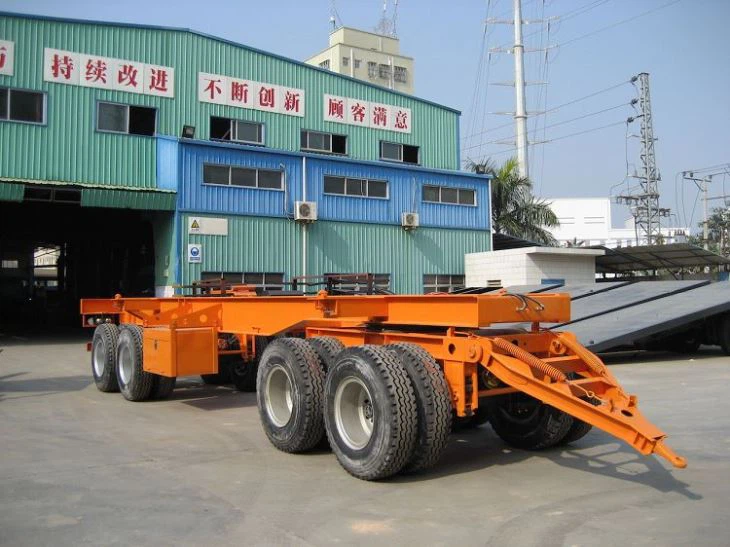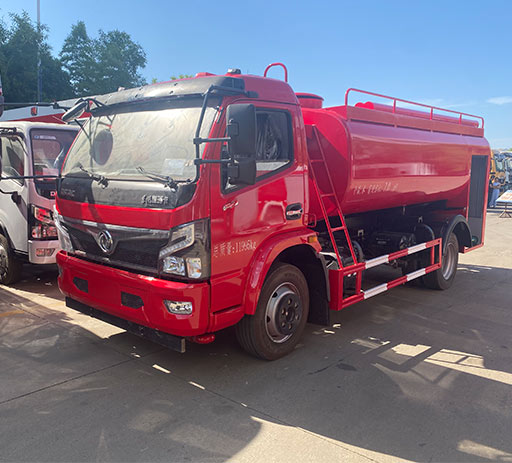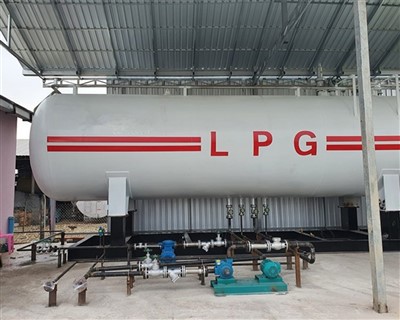Everything You Need to Know About Garbage Truck Rentals

Garbage truck rentals are an essential service for businesses, construction sites, and communities needing waste management solutions. Whether you’re tackling a large cleanup project, hosting an event, or managing waste during a construction project, understanding garbage truck rentals can save you time, money, and headaches. This comprehensive guide will explore what garbage truck rentals are, their benefits, how to choose the right one, and answer some frequently asked questions.
What Are Garbage Truck Rentals?
Garbage truck rentals refer to the leasing of specialized trucks that are designed for the collection and transportation of waste and recyclable materials. These trucks come in various sizes and types, tailored for different waste management needs.
Types of Garbage Trucks Available for Rent
1. Front Loader Trucks
Front loader trucks are equipped with powerful hydraulic arms that lift and empty large dumpsters. They are ideal for commercial waste collection where large volumes of trash are generated.
2. Rear Loader Trucks

Rear loader trucks are designed for compact waste collection and are typically used for residential services. They feature access at the back, allowing waste collectors to easily load bins and bags.
3. Side Loader Trucks
Side loader trucks have an automated arm that collects waste from the side. This is particularly beneficial in residential areas where space is limited.
4. Roll-Off Trucks
Roll-off trucks are specialized vehicles designed to carry large storage containers or bins. They are commonly used during construction projects or for hazardous material cleanups.
Benefits of Renting a Garbage Truck
Cost-Effective Solution
Renting a garbage truck can be more affordable than purchasing one, especially for short-term projects. Maintenance and operating costs are also significantly reduced.
Flexible Options
Rental services provide a variety of truck types and sizes, allowing you to choose the vehicle that best fits your needs. Whether you’re collecting household waste or managing a construction site, there’s a rental option for you.
Access to Modern Equipment
Renting allows you to use the latest models equipped with advanced features that enhance efficiency and safety, without the responsibility of ownership.
How to Choose the Right Garbage Truck Rental
1. Assess Your Needs
Before making a rental decision, assess your requirements. Consider the type of waste, volume, and frequency of pickups needed.
2. Check Local Regulations
Different regions have specific regulations about waste disposal. Familiarize yourself with these to avoid fines or legal issues.
3. Compare Rental Companies
Research various rental companies to compare rates, truck availability, and customer service support. Look for reviews and testimonials to gauge their reliability.
4. Consider the Duration of Rental
Determine how long you will need the truck. Some companies offer daily, weekly, or monthly rental options.
5. Inquire About Insurance

Ensure you understand the insurance policies related to the rental. This can protect you from liabilities during the rental period.

6. Ask About Delivery and Pickup
Check if the rental company provides delivery and pickup services, as this can save you time on logistics.
Practical Examples of Garbage Truck Rentals
1. Construction Sites
On construction sites, a roll-off truck rental can manage large amounts of debris efficiently. For instance, a contractor may rent a 30-yard roll-off dumpster to collect concrete, wood, and other refuse during the building process.
2. Community Events
For significant events such as festivals or fairs, renting a front loader truck can help manage the waste generated. Renting allows for quick waste disposal and prevents overflow issues.
3. Residential Cleanups
Homeowners may opt for a rear loader truck during spring cleaning or after substantial renovations. This helps remove unwanted items and keeps the area clean and safe.
Cost of Renting a Garbage Truck
The cost of garbage truck rentals depends on several factors such as truck type, rental duration, and location. Below is a table summarizing typical costs associated with different types of garbage truck rentals:
| Truck Type | Average Daily Rate | Average Weekly Rate | Average Monthly Rate |
|---|---|---|---|
| Front Loader | $200 | $1,000 | $3,500 |
| Rear Loader | $150 | $800 | $2,500 |
| Side Loader | $180 | $900 | $3,200 |
| Roll-Off | $250 | $1,200 | $4,000 |
Maintenance and Safety Tips for Garbage Trucks
1. Regular Inspections
Ensure that the rented truck undergoes regular inspections to keep it in good working condition. Check brakes, lights, and hydraulic systems before use.
2. Proper Weight Management
Be aware of the weight limitations of the truck to prevent damage. Overloading can lead to mechanical failure and safety hazards.
3. Training for Operators
Make sure that only trained personnel operate the garbage truck. This minimizes the risk of accidents related to improper handling.
Frequently Asked Questions
1. What types of waste can I collect with a garbage truck rental?
You can typically collect household waste, construction debris, yard waste, and recyclable materials. However, hazardous materials may require special permissions or separate handling.
2. How long can I rent a garbage truck?
Rental durations vary from daily to monthly contracts. Most companies are flexible and can accommodate your needs.
3. Is insurance necessary when renting a garbage truck?
Yes, it’s crucial to have insurance coverage to protect against potential damages or liabilities during the rental period.
4. Can I rent a garbage truck for one-time use?
Yes, many rental companies offer options for single-use rentals, perfect for one-time cleanups or events.
5. Are there additional fees besides rental costs?
Possible additional fees may include delivery and pickup charges, fuel costs, and fees for exceeding weight limits. Always clarify these with your rental company.
6. How do I prepare for the arrival of my rented garbage truck?
Prepare a designated area for the truck to operate efficiently, and ensure that there are no obstructions preventing access to waste containers or drop-off points.
